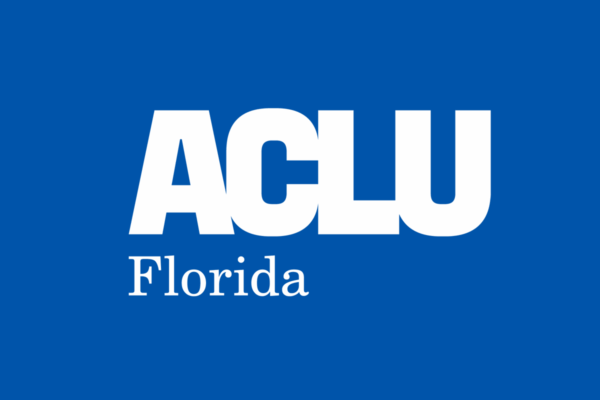TALLAHASSEE, FL – The House Criminal Justice Subcommittee today voted to pass CRJ 3, a bill that undermines Amendment 4, the constitutional amendment that restores the eligibility to vote to Floridians with felony convictions after they fulfill all terms of their sentences. The amendment, which excludes those convicted of murder or sexual offenses, passed with 64.55% of the vote this past November.
The bill places unconstitutional caveats to the implementation of Amendment 4 by restricting the eligibility to vote for individuals who should have their voting rights back, as Floridians intended. Among other deficiencies, it would effectively disenfranchise two categories of returning citizens for life: those with very small financial obligations that they will never be able to pay due to poverty and those with financial obligations for non-violent property crimes. It also seeks to alter the amendment’s self-executing language by extending far beyond what voters intended when they passed Amendment 4.
Kirk Bailey, political director, ACLU of Florida responded to today’s vote saying:
“CRJ 3 is an affront to Florida voters who approved Amendment 4. If this bill passes, it will undoubtedly continue to disenfranchise those who have already served their time and paid their debt to society. This is exactly what we were worried about from the beginning – legislative attempts to undermine the will of the people who voted for second chances and to rid Florida of the last vestiges of its Jim Crow era past. This bill will broaden the narrow exclusions for murder and sexual felony offenses in the amendment, and broaden what was contemplated by completion of one’s sentence to include all sorts of court fees and supervision costs unrelated to one’s sentence. This will inevitably prevent individuals from voting based on the size of one’s bank account.
“The House bill raises serious constitutional concerns. It is overbroad, vague and thwarts the will of the people and extends far beyond what any reasonable person would conclude the voters intended when they passed Amendment 4. We urge lawmakers to uphold the will of Florida voters and withdraw this deficient bill.”
Stay Informed
Sign up to be the first to hear about how to take action.
By completing this form, I agree to receive occasional emails per the terms of the ACLU’s privacy statement.
By completing this form, I agree to receive occasional emails per the terms of the ACLU’s privacy statement.

